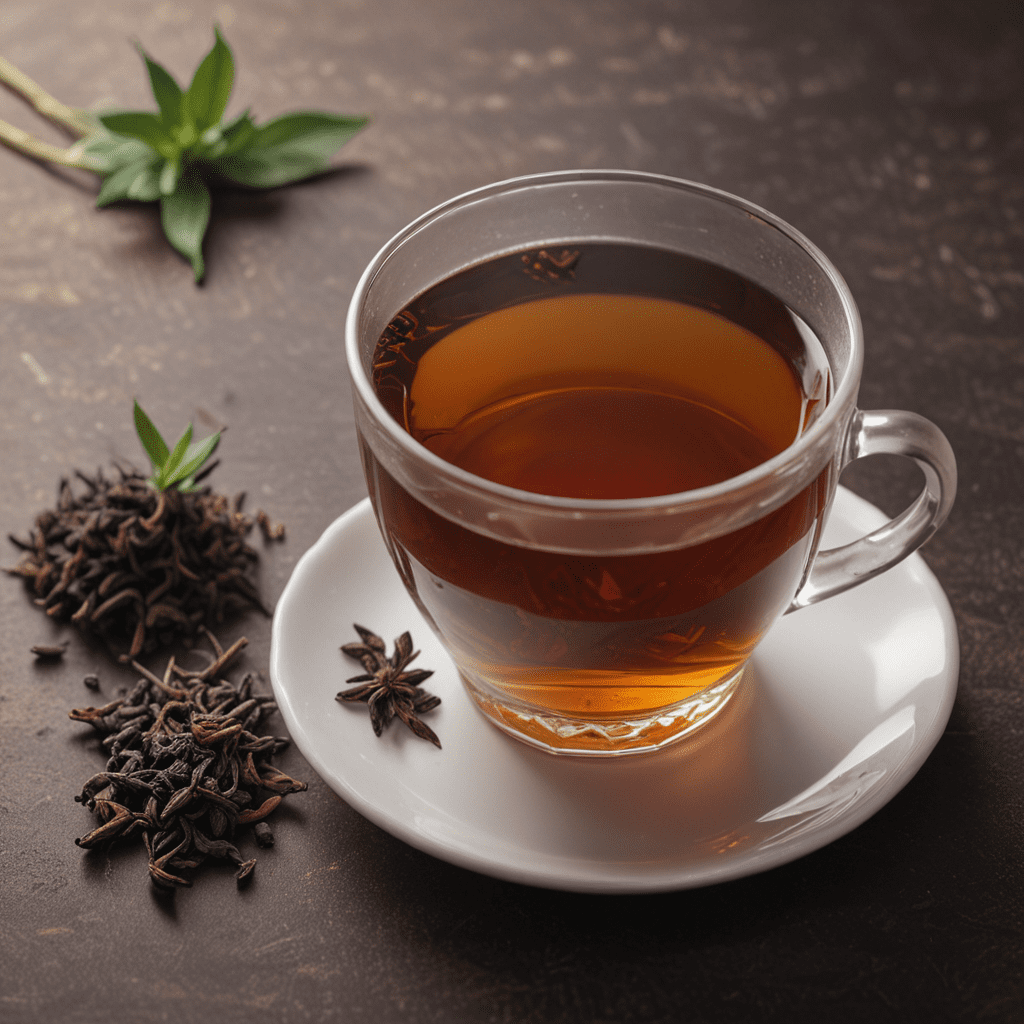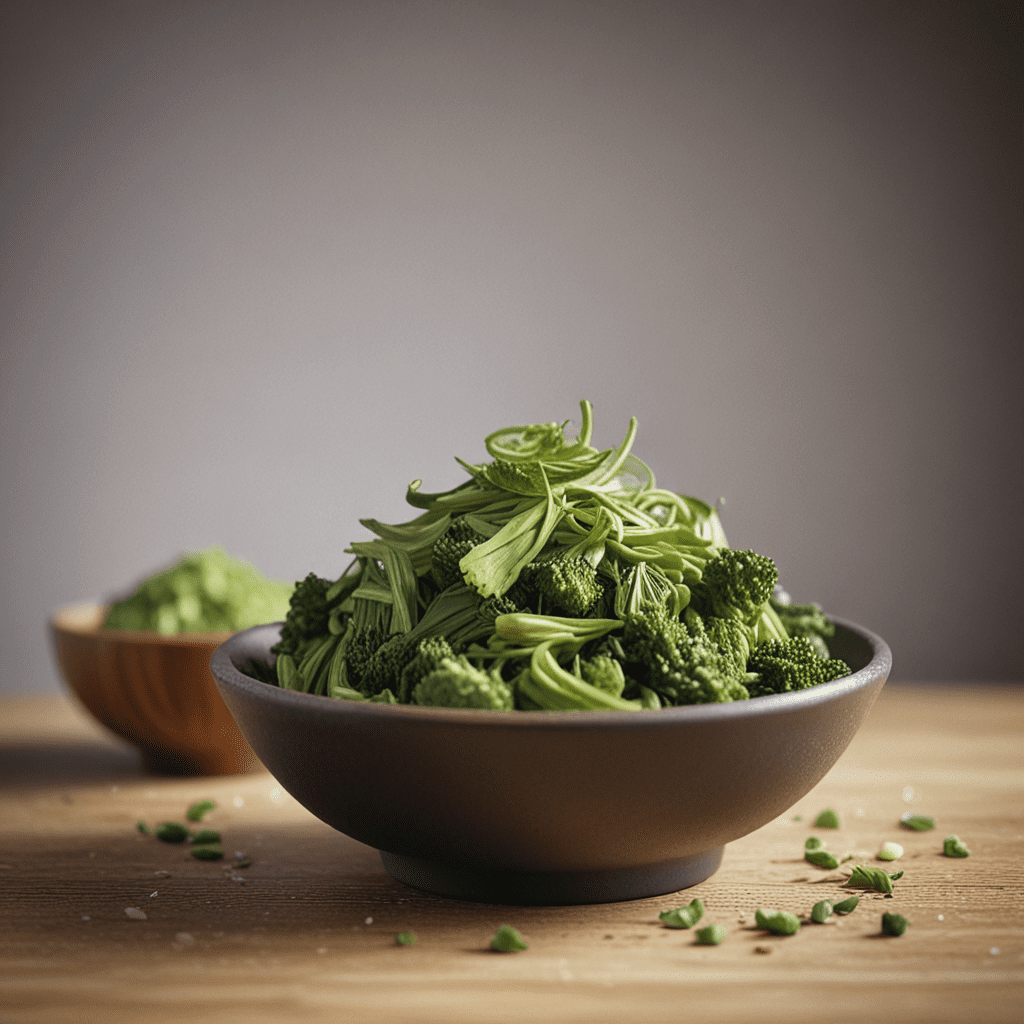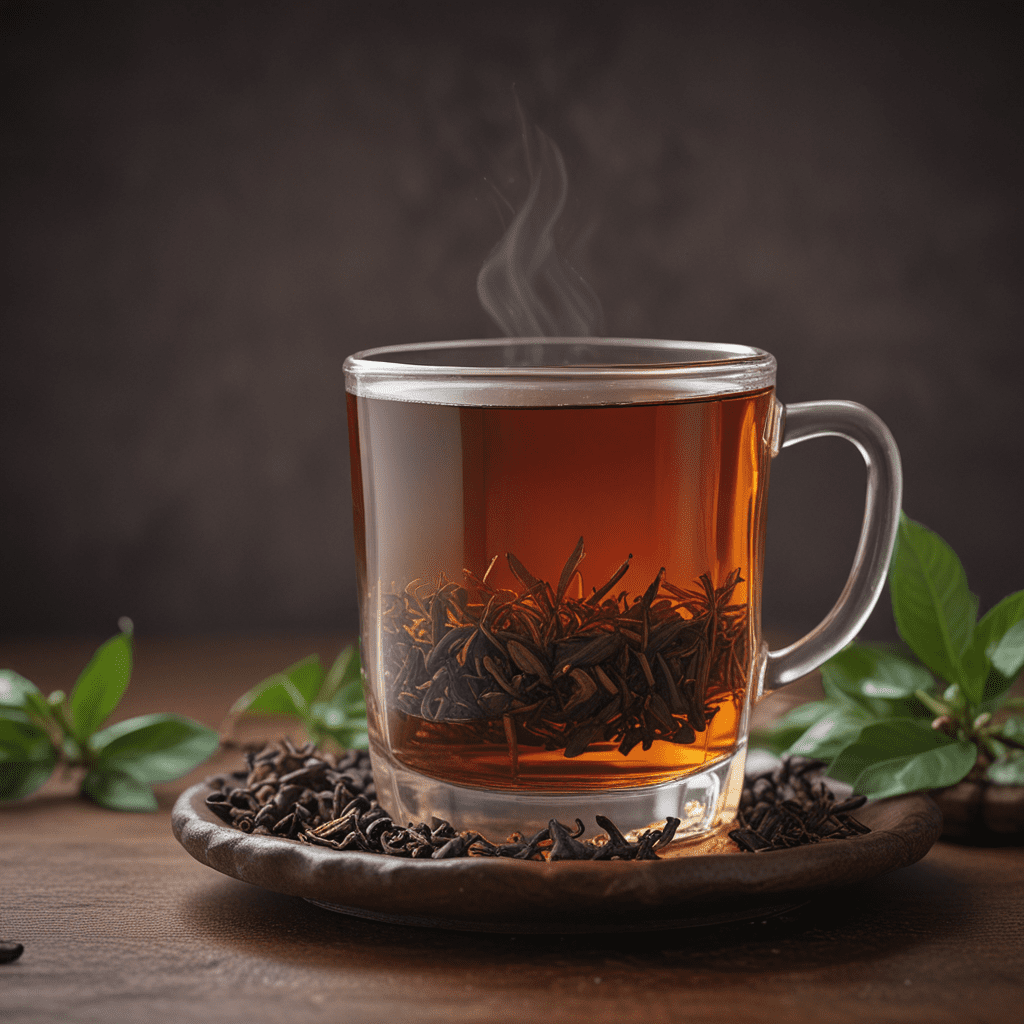
Assam Tea: A Taste of Tranquility
Introduction
Assam tea, renowned for its robust flavor and malty aroma, is a beloved beverage that has captivated tea enthusiasts worldwide. Originating from the lush Assam Valley in northeast India, Assam tea boasts a rich history, unique terroir, and exceptional health benefits. Its cultivation, processing, and brewing techniques have been meticulously perfected over centuries, resulting in a tea that embodies both tradition and tranquility.
The Rich History of Assam Tea
The discovery of Assam tea is shrouded in legend. It is believed that in the 19th century, a local man named Maniram Dutta noticed wild tea plants growing in the forests of Assam. Recognizing their potential, he began to cultivate them and soon introduced them to the British planters in the region. The British, with their expertise in tea production, quickly realized the exceptional quality of Assam tea and established plantations throughout the valley.
The Unique Terroir of the Assam Valley
The Assam Valley, situated on the banks of the mighty Brahmaputra River, provides an ideal microclimate for tea cultivation. The region's fertile soil, abundant rainfall, and warm temperatures create the perfect conditions for tea plants to thrive. The unique combination of natural factors imparts a distinctive character to Assam tea, making it stand out from other tea varieties.
The Health Benefits of Assam Tea
Assam tea is not only a delightful beverage; it also offers a range of health benefits. The polyphenols and antioxidants present in Assam tea contribute to its purported healing properties. Studies have shown that regular consumption of Assam tea may improve heart health by reducing cholesterol levels and blood pressure. It also contains antimicrobial properties, aiding in digestion and boosting the immune system. Moreover, Assam tea is rich in antioxidants, which help protect cells from damage caused by free radicals, thus potentially reducing the risk of chronic diseases.
The Brewing of Assam Tea
Brewing the perfect cup of Assam tea is an art in itself. To achieve the ideal balance of flavor and aroma, use high-quality tea leaves and fresh, filtered water. The optimal brewing temperature is between 195-205°F (90-96°C). Steep the tea leaves for 3-5 minutes, depending on your desired strength. Assam tea pairs well with milk and sugar, but can also be enjoyed black to fully appreciate its robust character.
Assam Tea Culture
Assam tea occupies a central place in the cultural fabric of Assam. The region's tea gardens are not merely plantations; they are vibrant communities with a rich heritage. Tea is deeply intertwined with the social and economic life of the Assamese people. The traditional method of tea preparation, known as "lao cha," involves boiling tea leaves in water with salt and milk. This flavorful concoction is often served with puffed rice or other snacks.
The Economic Importance of Assam Tea
Assam tea is a major contributor to the economy of the region. The tea industry provides employment to a large proportion of the local population and generates significant revenue through exports. Assam tea is renowned worldwide for its quality and is exported to various countries, including the United Kingdom, the United States, and the Middle East. The economic importance of Assam tea extends beyond direct revenue generation; it also supports ancillary industries such as transportation and tourism.
Conclusion: Assam Tea, a Treasured Beverage
Assam tea, with its rich flavor, unique terroir, and purported health benefits, is a treasured beverage that has captured the hearts of tea lovers around the globe. Its cultivation, processing, and brewing techniques have been perfected over centuries, resulting in a tea that embodies tradition and tranquility. Assam tea is not merely a beverage; it is a cultural icon and a source of pride for the people of Assam.
FAQs
What is the difference between Assam tea and other black teas?
Assam tea is known for its bold, malty flavor and full-bodied character, which distinguishes it from other black teas.
How can I store Assam tea leaves?
Store Assam tea leaves in a cool, dry, and airtight container to preserve their flavor and aroma.
Can I add milk to Assam tea?
Yes, Assam tea pairs well with milk and sugar, but it can also be enjoyed black to fully appreciate its robust character.
What is the optimal brewing temperature for Assam tea?
The optimal brewing temperature for Assam tea is between 195-205°F (90-96°C).
What health benefits are associated with Assam tea?
Assam tea contains polyphenols and antioxidants, which contribute to its purported health benefits, including improved heart health, digestion, and immunity.


